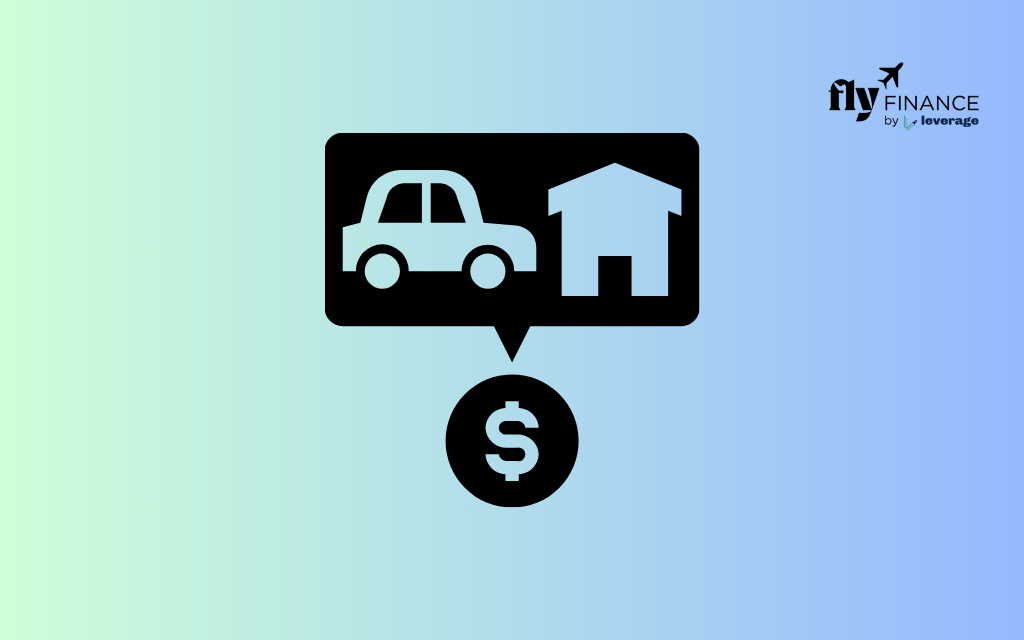Property Accepted as Collateral Security for Education Loan: Education is a powerful tool that opens doors to numerous opportunities and paves the way for a brighter future. However, the cost of education, especially in esteemed institutions, can be a significant financial burden for many students This is where education loans come into play, providing a lifeline for students to pursue their dreams.
In order to mitigate the risks associated with lending large sums of money, financial institutions often require collateral as security. This collateral serves as a guarantee that the loan will be repaid, even if the borrower faces financial difficulties. In this blog, we will explore the various types of property that are commonly accepted as collateral for education loans.
Fixed Deposits
It stands to reason that FDs are the most pledged class of liquid securities. When calculating the amount for collateral education loans, lenders use the FD principal value rather than the maturity value. On fixed deposits, lenders offer loans of 90% to 100%.
Also Read: 5 Things to Keep in Mind to Apply for an Education Loan
Mutual Funds
Although only a few banks actually accept it as security, mutual funds can also be pledged as collateral for school loans. In addition to being difficult and time-consuming, banks only give the loan amount roughly 50% of its current market worth. It is preferable to just sell all of your shares and fund an FD with the proceeds.
Life Insurance Policies
Certain types of life insurance policies, such as endowment policies or policies with a surrender value, can serve as collateral for education loans. The surrender value is the amount that the policyholder is entitled to receive if they choose to terminate the policy before its maturity date.
Also Read: List of Top International Student Loans
Government Securities
Government securities, such as bonds or treasury bills, are considered safe investments and can be used as collateral for education loans. These securities are backed by the government and are therefore considered low risk.
FAQs
No. If you sell the pledged asset before repaying the education loan, the lender can seize and sell the asset to recover the loan amount.
If a student is willing to process their education loan from a government bank then they need to have collateral security.
Yes, it is feasible to bargain the interest rate on a loan for higher education that is backed by property. The lender’s policies and the strength of your credit score, however, may have an impact on the extent of the negotiation.
This was all about property accepted as collateral security for education loans. Choosing the right collateral for an education loan is a crucial step in the borrowing process. It is important to carefully consider the type of thing being offered. Additionally, borrowers should be aware of the potential consequences of defaulting on the loan, as it could result in the loss of the collateral.
Before finalising any loan agreement, it is advisable to consult with financial advisors or loan officers who can provide expert guidance tailored to individual circumstances. With the right collateral in place, students can embark on their educational journey with confidence, knowing that they have the necessary financial support to achieve their goals.
To know more about the loan application process, and the best bank accounts for students or international money transfers, subscribe to Fly.Finance or reach out to our experts to help ease your study abroad experience.





























